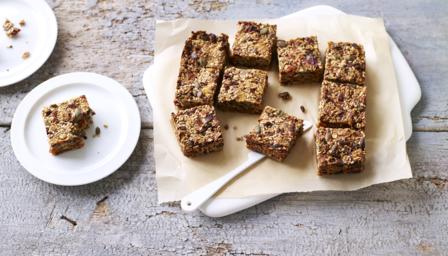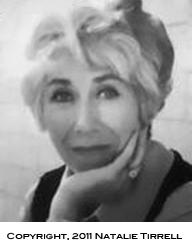 On ‘let’s talk!’ we have previously offered ideas for healthy meals and snacks. Becky’s overnight oats went down really well, as did Jane’s Tabbouleh salad and when we shared a ‘healthy’ chocolate cake (well it is relatively healthy, as long as you don’t eat the lot in one go…..) we were greeted with disbelief. But we like to show you can eat delicious things, and still be certain you are packing your body full of good things that give you the energy to make the most of your day and can boost your mood.
On ‘let’s talk!’ we have previously offered ideas for healthy meals and snacks. Becky’s overnight oats went down really well, as did Jane’s Tabbouleh salad and when we shared a ‘healthy’ chocolate cake (well it is relatively healthy, as long as you don’t eat the lot in one go…..) we were greeted with disbelief. But we like to show you can eat delicious things, and still be certain you are packing your body full of good things that give you the energy to make the most of your day and can boost your mood.
We are pleased to see that more and more ‘celebrity’ or mainstream chefs and cooks are focusing on lighter options, and ingredients that just a few years ago would be only be available in a local wholefood shop – Goji berries and flaxseed, coconut oil and buckwheat for example – which are now readily available in supermarkets.
Today we wanted to share a recipe we love that was developed by TV cook Nigella Lawson, who, let’s be honest’ is best known for her voluptuous desserts and carbohydrate rich pasta dishes. Here she is offering an option for those of us who find it hard to take in a good breakfast as we rush around organising our mornings.For those of us concerned about our intake, the sugar in them comes only from the dates and the recipe makes enough to last the working week.
Nigella’s Breakfast Bars (version 2 – she has apparently made them even better than the original version)
Ingredients
250g/9oz medjool dates
2 tsp ground cinnamon
75g/2½oz goji berries
75g/2½oz pumpkin seeds
150g/5½oz brown flaxseeds
50g/1¾oz cocoa nibs
25g/1oz chia seeds
25g/1oz cornflakes (gluten-free if required)
100g/3½oz organic porridge oats (not instant)
Method
Preheat the oven to 180C/160C Fan/Gas 4, and line the bottom and sides of a 20cm/8in square tin with baking parchment.
Pit the dates and tear them with your fingers into a small saucepan, add the cinnamon, cover with 325ml/11fl oz cold water, bring to the boil and let bubble for 5 minutes. Turn off the heat, and beat with a fork until you have a rough purée.
Put all the remaining ingredients into a large bowl, add the date mixture and mix until everything is combined. I wear a pair of disposable vinyl gloves for this.
Squodge into your prepared tin and bake in the oven for 30 minutes, until firm and set, and golden on top and darker around the edges. Leave to cool in the tin before cutting into pieces.
How brilliant is the word ‘squodge’?! just what one has to do to make sure the mixture filled every nook and cranny of the tin. Nigella makes suggestions for alternative ingredients if you find any hard to get hold of, or a bit too expensive – we have used ordinary dates and just simmered them for longer before mashing, and sunflower seeds instead of the flax. They came out really well, and are full of all those things that can give you a boost without causing your blood sugars to rocket.
You can watch Nigella make the bars in the video on the BBC Website.
So give them a try, and let us know what you think. or you could share your own favourite recipes with us. We would love to include more on this site.


 A therapy we have recently been asked to feature on ‘let’s talk’ is known by the acronym EMDR. This stands for Eye Movement Desensitisation and Reprocessing and it was developed as a psychological therapy by American clinical psychologist, Dr Francine Shapiro, in the 1980s. Dr Shapiro also published the first research papers supporting the benefits of the therapy in the 1989.
A therapy we have recently been asked to feature on ‘let’s talk’ is known by the acronym EMDR. This stands for Eye Movement Desensitisation and Reprocessing and it was developed as a psychological therapy by American clinical psychologist, Dr Francine Shapiro, in the 1980s. Dr Shapiro also published the first research papers supporting the benefits of the therapy in the 1989.